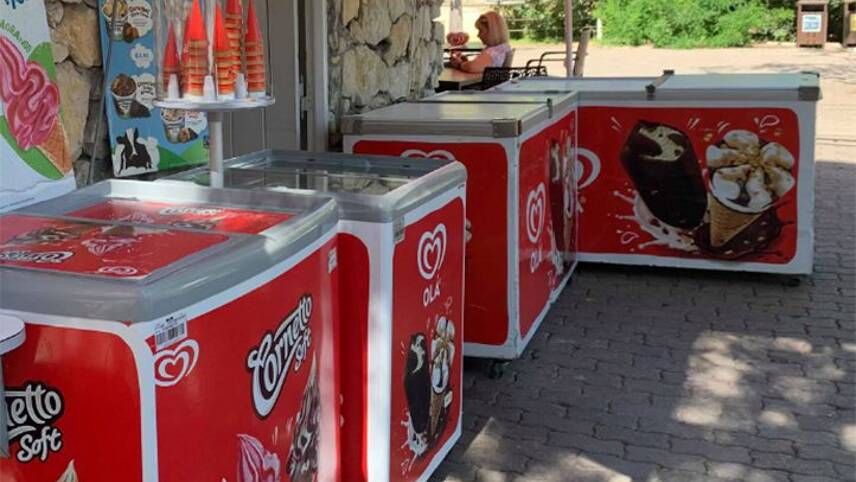Register for free and continue reading
Join our growing army of changemakers and get unlimited access to our premium content

Emissions from retail ice cream freezers account for 10% of Unilever’s value chain emissions
Unilever has announced that it is rolling out two pilots to see whether ice cream can be stored in freezer cabinets at slightly warmer temperatures, with the company hoping that emissions could be reduced by up to 30% per freezer.
The first pilot will take place in Germany this month, with a second phase to launch in Indonesia next year. The pilot sees temperatures in the freezer cabinets increase from -18C to -12C to improve energy efficiency.
If successful, Unilever will phase in this “warm up” approach across last miles freezer cabinets in areas where their carbon footprints are highest. Emissions from retail ice cream freezers account for 10% of Unilever’s value chain emissions.
Unilever’s president for ice cream Matt Close said: “These pilots will provide valuable information on how much energy we can save and how our ice cream products perform in warmer freezers to ensure we deliver the same great-tasting ice cream.
“We’re actively seeking to collaborate with partners from across the ice cream and frozen food sectors to drive industry-wide change, so the collective positive impact is far greater.”
Having already set science-based targets to eliminate carbon emissions from its operations and to halve the greenhouse gas (GHG) emissions across its products and value chain by 2030, Unilever has now pledged to reach net-zero emissions for products by 2039. Net-zero emissions will account for the sourcing of the materials used, up to the point of sale for products.
Cold front
In related news, Tesco is introducing new HGV refrigeration units that will be powered by solar panels, in a move that reduces diesel use and builds towards the retailer’s net-zero commitment for 2035.
Tesco has confirmed that its first 13.6 metre refrigerated trailer has been fitted with 12 lightweight solar panels and lithium batteries to power the unit with clean energy.
The trailer, based at Tesco’s Peterborough Distribution Centre, is already delivering stock to stores across the East of England, with three more units planned for the site later this year.
Tesco has worked with Marshall Fleet Solutions on the technology, which will see each trailer save around 2,000 litres of diesel and five tonnes of carbon annually.


I think the important piece here is collaboration with partners. Surely if they are using renewable energy to power the freezers the emissions are cut! Its ironic that as the globe becomes warmer the freezers do more work to cool ice cream down, and probably more people want ice cream….cos its warmer. How about a better dispenser that negates opening up the whole lid for one lolly – freezer vending machine.